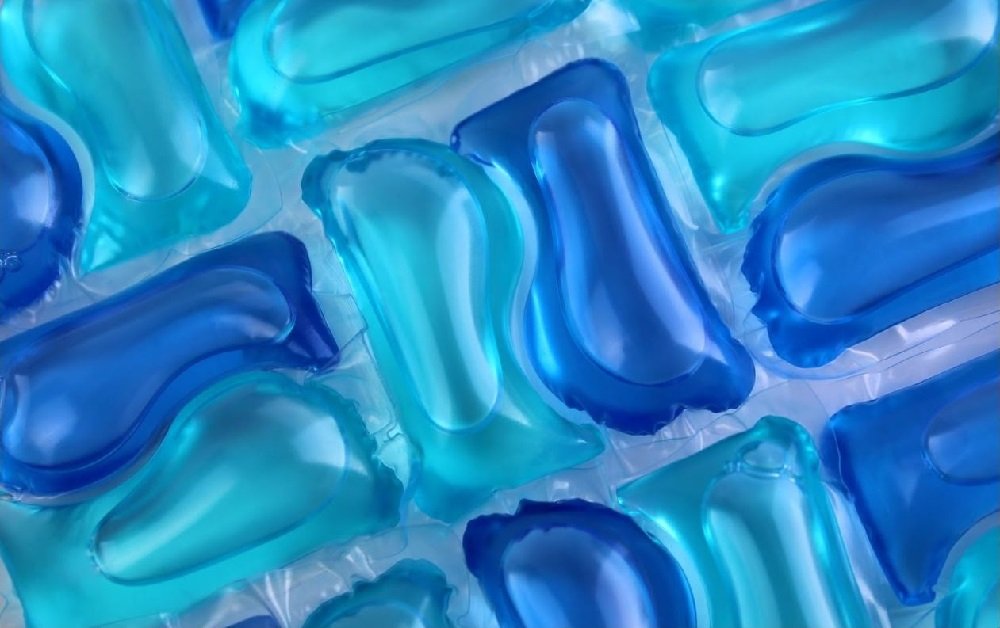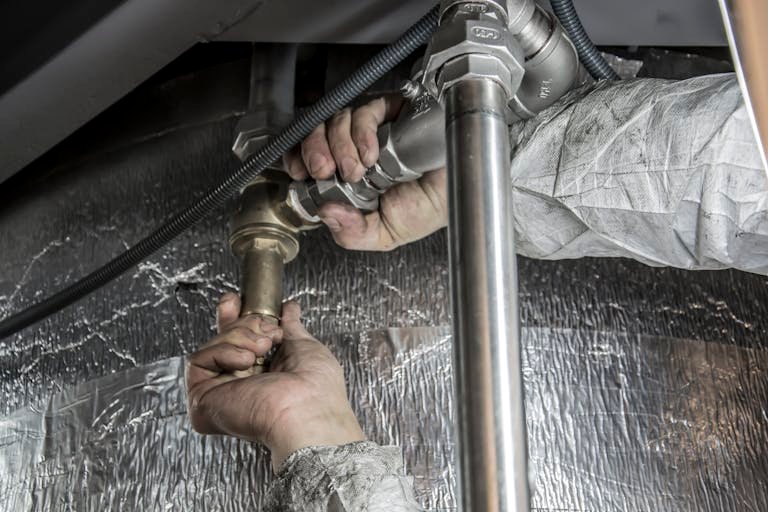Polyvinyl Alcohol (PVA), a synthetic polymer with a long history of industrial use, has become an indispensable material across various industries. From textiles to pharmaceuticals, its unique properties make it a versatile and valuable component in a wide range of applications. This blog will explore the many uses of PVA, highlighting its significance in different sectors and shedding light on why this polymer is in demand.
Understanding Polyvinyl Alcohol
Polyvinyl Alcohol (PVA) is a water-soluble synthetic polymer produced through the polymerization of vinyl acetate, which is then hydrolyzed to form PVA. This polymer is known for its excellent film-forming, emulsifying, and adhesive properties. Additionally, PVA exhibits high tensile strength and flexibility, making it suitable for various industrial applications.
Polyvinyl Alcohol in the Textile Industry
One of the earliest and most significant applications of PVA is in the textile industry. Here, PVA is primarily used as a sizing agent. Textile sizing applies a protective coating to yarns to reduce breakage during weaving. PVA’s film-forming abilities make it an excellent choice for this purpose, as it provides a strong, flexible, and smooth coating that helps improve the efficiency of the weaving process.
Moreover, PVA is easily removed from the fabric after weaving by washing with water, which is a crucial factor for maintaining the softness and texture of the final textile product. This ease of removal without harsh chemicals makes PVA an environmentally friendly option in textile manufacturing.
Polyvinyl Alcohol in Paper and Packaging
Another significant application of PVA is in the paper and packaging industry. PVA is a coating agent for paper products, providing a smooth finish that enhances printability and improves resistance to oil and grease. This is particularly important for packaging materials that maintain integrity under various conditions.
PVA’s water solubility also contributes to the development of water-soluble films for packaging. These films are used in applications where the packaging material is meant to dissolve upon contact with water, such as in single-use detergent pods. This has led to innovations in eco-friendly packaging solutions, where PVA helps reduce plastic waste and contributes to a more sustainable future.
In addition to its use in packaging, PVA is also employed as an adhesive in paper products, providing solid bonds essential for producing high-quality, durable packaging materials.
Polyvinyl Alcohol in the Pharmaceutical Industry
The pharmaceutical industry has also recognized the value of PVA, particularly in developing drug delivery systems. PVA is used in the formulation of tablet coatings, where its film-forming properties are leveraged to create a protective layer around the active ingredients. This coating protects the drug from environmental factors and controls the release of the medication in the body, ensuring that it is delivered at the right time and place.
PVA is also used to produce hydrogels, which are used in wound care and tissue engineering. These hydrogels are biocompatible and can retain moisture, making them ideal for promoting wound healing. In tissue engineering, PVA hydrogels provide a scaffold for new tissue growth, supporting the body’s natural healing processes.
Moreover, PVA’s nontoxic nature and biodegradability make it a safe choice for pharmaceutical products. As the demand for biocompatible materials in medicine continues to grow, PVA’s role in this industry will likely expand further.
Polyvinyl Alcohol in Construction and Adhesives
In the construction industry, PVA is a key ingredient in adhesives, particularly wood glues and other bonding agents. Its strong adhesive properties ensure that materials are securely bonded, making it an essential component in various construction applications.
PVA is also used as a modifier in cement and mortar to improve their flexibility and water resistance. This makes the materials more durable and less prone to cracking, which is crucial for the longevity of construction projects.
Additionally, PVA’s film-forming abilities are utilized in coatings and sealants, providing a protective layer that enhances surfaces’ durability and appearance. This is particularly important in applications where the materials are exposed to harsh environmental conditions.
Polyvinyl Alcohol in the Food Industry
The food industry has also found applications for PVA, particularly in producing packaging materials. PVA is used to create edible coatings for food products, which help extend shelf life by providing a barrier against moisture and oxygen. These coatings are safe for consumption and can easily dissolve or remove during food preparation.
PVA’s water-solubility is also leveraged in developing food packaging films that dissolve in water, providing a convenient and eco-friendly solution for single-use products.
Conclusion
Polyvinyl Alcohol’s versatility has made it a valuable material across multiple industries, from textiles to pharmaceuticals. Its unique properties, such as water solubility, film-forming abilities, and biodegradability, make it an ideal choice for applications that require strength, flexibility, and environmental sustainability. As industries continue to innovate and seek out materials that meet the demands of modern consumers, PVA’s role is likely to expand even further, solidifying its place as a critical component in the future of manufacturing and technology.







